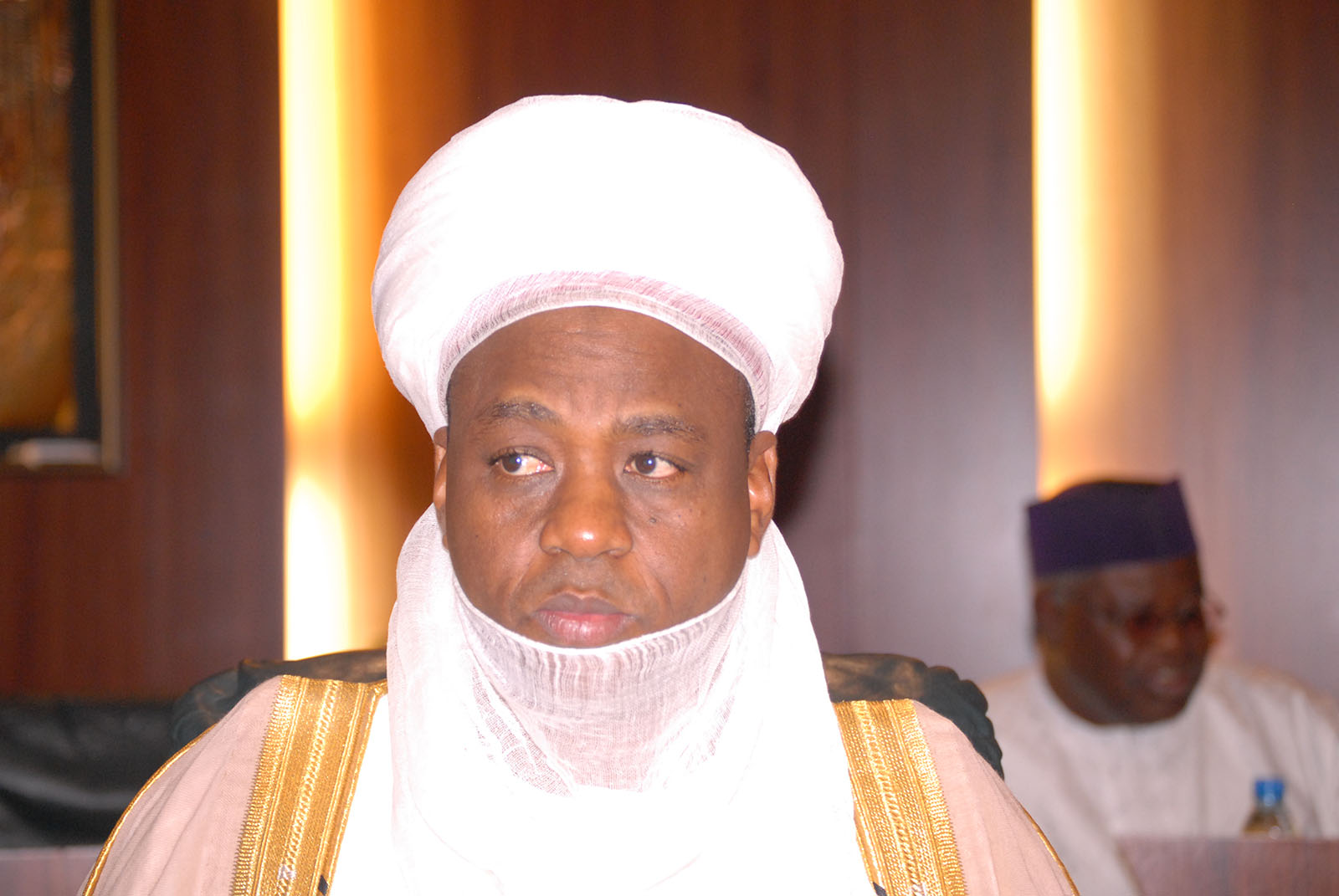The Sultan of Sokoto and President of the Nigerian Supreme Council for Islamic Affairs (NSCIA), Alhaji Sa’ad Abubarkar III, has advised the federal government to negotiate with members of the Boko Haram sect, warning that the government cannot fight a group of faceless individuals whose locations are unknown.
The Sultan also said many Muslims in detention over their alleged involvement in Boko Haram activities were innocent Nigerians who do not know anything about insurgency.
He said members of the sect often do not deny their activities.
“When you hold somebody and he says he is not a member of Boko Haram, believe him, he is not, if he is, he will not denounce,” he said.
The Sultan gave this advice yesterday in Abuja while declaring open the seventh National Conference of the Muslim Lawyers Association of Nigeria (MULAN) tagged: ‘Rule of Law and Social Justice:A Panacea for Unity and National Development.
He disagreed with President Goodluck Jonathan, who had repeatedly said the government would not negotiate with criminals, saying insurgency had never been successfully tackled with force anywhere in the world.
“I have heard people saying you don’t dialogue with criminals, who says you don’t dialogue with criminals, you cannot fight the criminals because you don’t even know where they are. Some days back, the American government exchanged one soldier for very senior five al-Qaeda leaders, the negotiation was on for five years, I follow this because it is my duty. You cannot win any insurgency by the use of force, nowhere in the world has that worked,” the Sultan said.
The Sultan emphasised that the only solution to various uprising in the country was for the government to do justice to all, as he said all efforts must be deployed to prevent the country from being plunged into another civil war.
“It behooves on all of us, those who were not there during the civil war, those who were there and actually took part, directly or indirectly, to make sure that as Muslims and as Muslim lawyers do whatever it takes to ensure that no civil war takes place in Nigeria again, because we know the repercussion of civil wars, some of us were opportune and privileged to be in countries where for decades there was no peace and up till now they are still in problems. I am talking of Pakistan, Iran, Iraq, Afghanistan and Saudi Arabia where I served for three years as the military adviser to their government. We pray to God almighty to take these insecurities away from us,” he said.
The Sultan however urged Muslim lawyers to visit prisons with a view tointervening on behalf of those being detained wrongfully through legal actions.
The Sultan, who stated that he had been accused of been a sympathiser of the sect due to his vocal views, noted that he would continue to speak as a leader who wants change.
“Somebody would say I am speaking for Boko Haram or I am a sympathiser of Boko-Haram, how can I be their sympathiser? But if we don’t speak for people that are deranged, who would and how would they change. Sometimes, when we speak as Muslim leaders, people will say we are not supposed to speak because we are not politicians, we are the fathers of politicians; we must tell them what is right and what is wrong. If they take our advice, ‘Alhamdulillah’ (Glory be to God), if they don’t, ‘Alhamdulillah’ (Glory be to God), we will continue to tell them until they see reasons why they should listen to us.”







